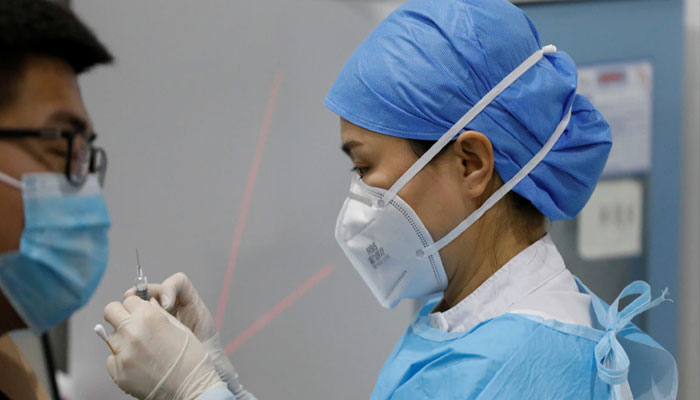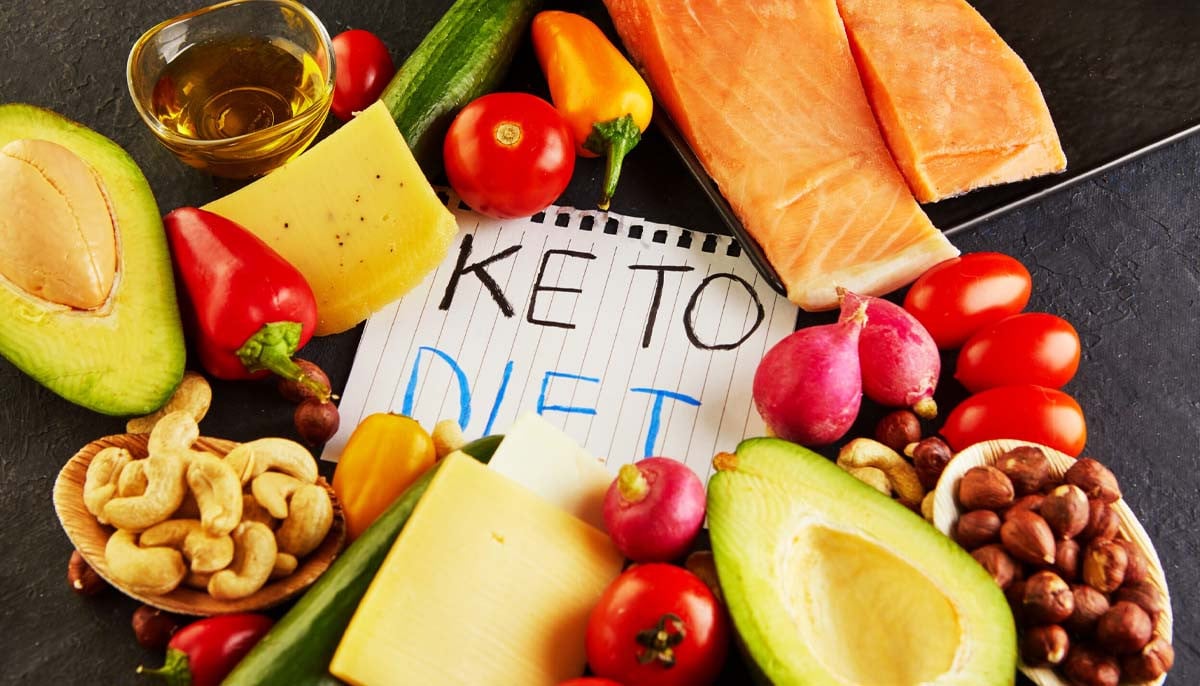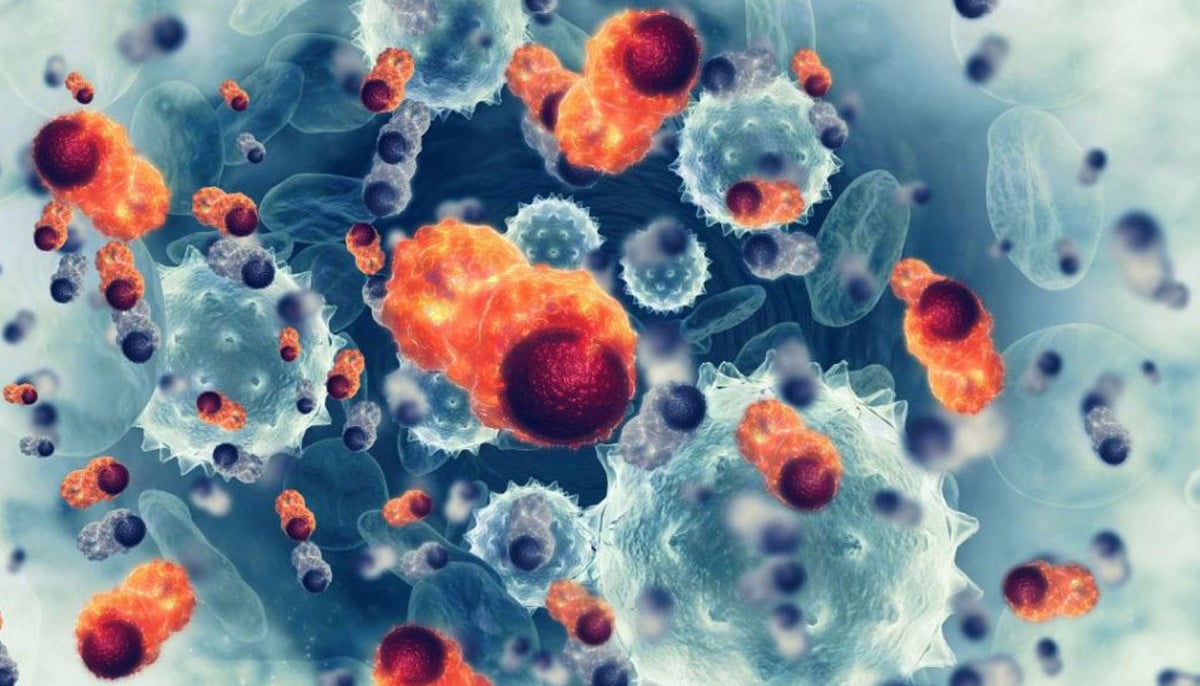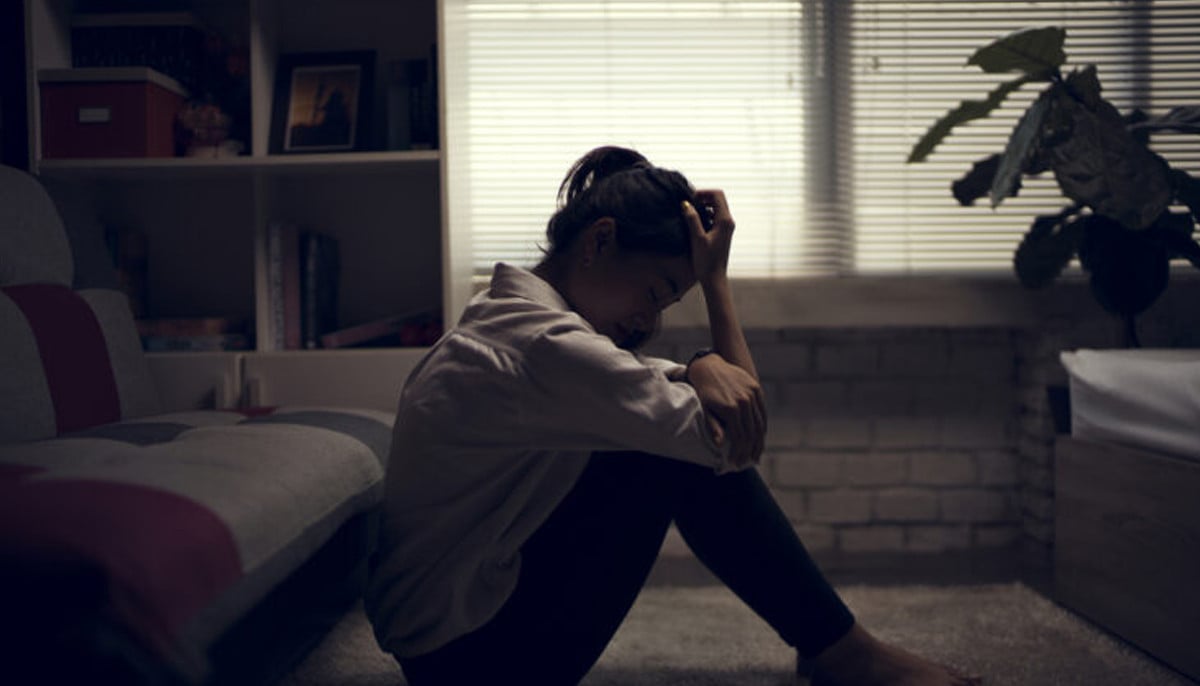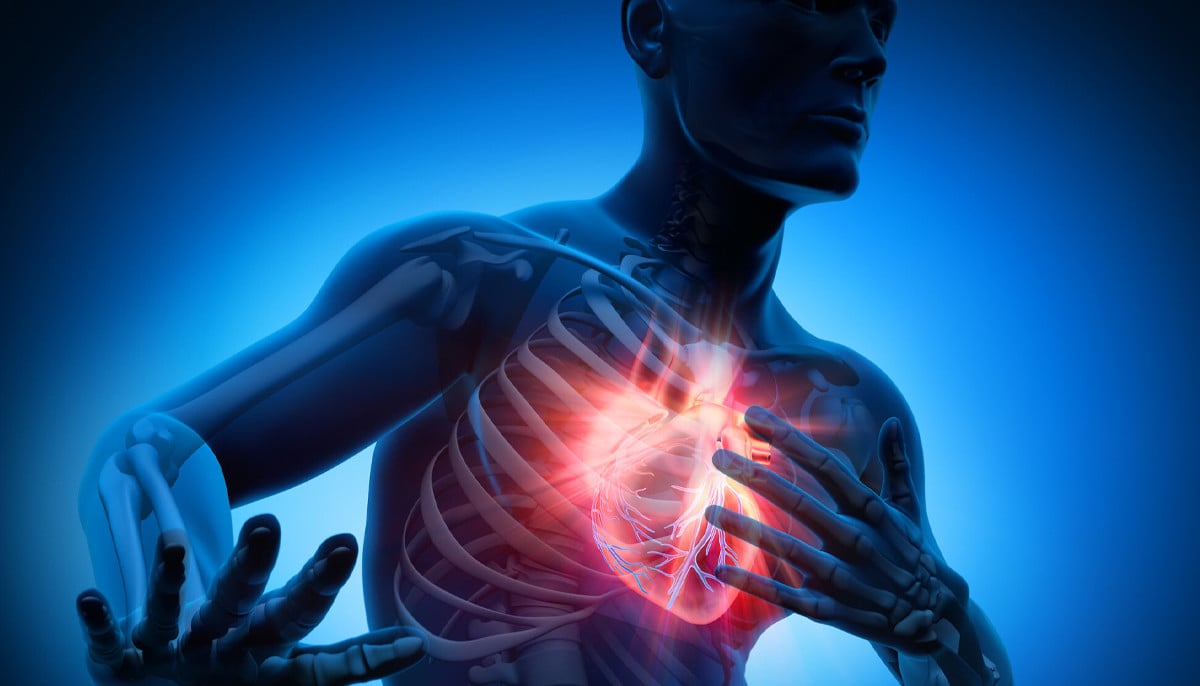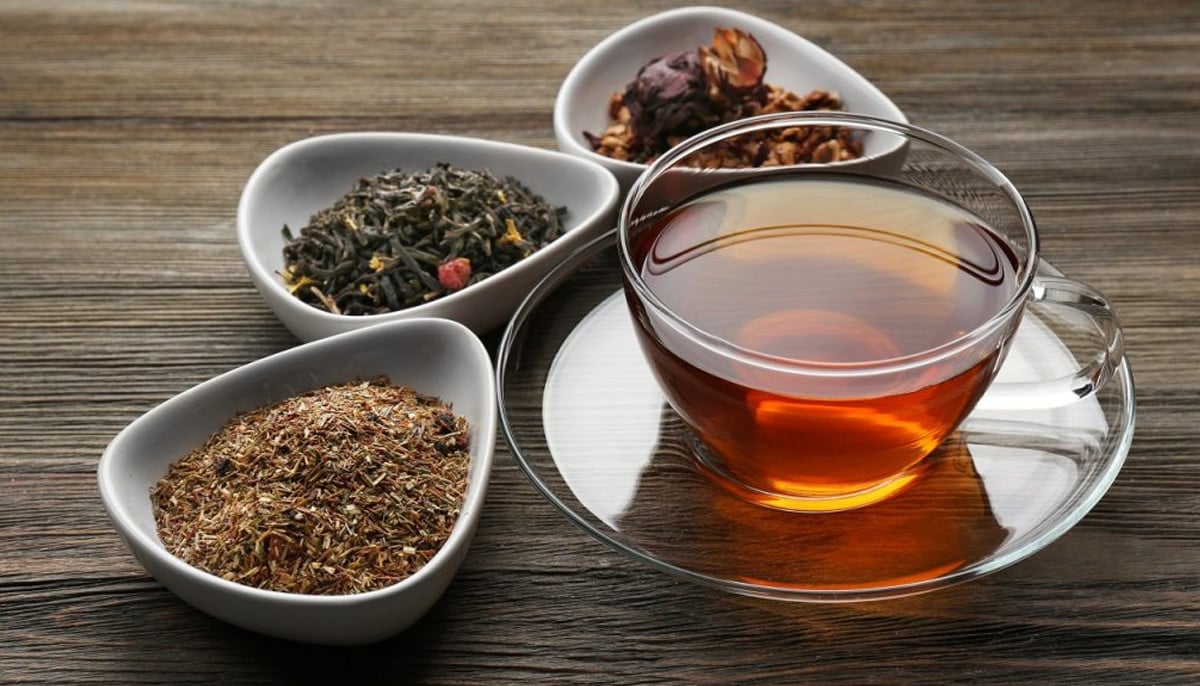Ireland asks workers to start working from home again
Prime Minister Micheal Martin said Ireland was experiencing "another surge of Covid infection" and that he needed "to act now"
LONDON: Ireland said Tuesday it was asking people to work from home again while expanding its Covid-19 vaccination booster programme and certification scheme, as case rates and hospitalisations rise nationwide.
In a televised broadcast, Prime Minister Micheal Martin said it was increasingly clear the country was experiencing "another surge of Covid infection" and that he needed "to act now".
"Our advice is now that everyone should work from home unless it is absolutely necessary that they attend in person," he added.
Martin noted Ireland's Covid passes scheme, based on vaccination or recovery from the virus, would now legally include cinemas and theatres, while bars and pubs would now be required to close by midnight.
He also said vaccine boosters would be extended to everyone with an underlying condition and everyone over the age of 50.
[RELATED POSTS related_post1]
The last week has seen the second-highest rate of hospital admissions from coronavirus this year, according to Martin.
That is despite Ireland having one of the highest vaccination rates in the world, with around 90 percent of over-12s fully jabbed.
The country only fully reopened on October 22, after 18 months of rolling lockdowns introduced to limit infections.
Officials recorded 4,407 new cases on Tuesday, up on previous weeks, while more than 5,500 people have died from the virus in the country of around five million.
Dublin's moves to reverse some of the easing of rules mirror some other European countries grappling with similarly rising infections.
-
Groundbreaking treatment for sepsis emerges in new study
-
All you need to know guide to rosacea
-
Prevent cancer with these simple lifestyle changes
-
Experts reveal keto diet as key to treating depression
-
Skipping breakfast? Here are some reasons why you shouldn't
-
Sciences reveals shocking body response against heart attack
-
Anti-inflammatory teas to keep your gut balanced
-
Emma Stone reveals she is ‘too afraid’ of her ‘own mental health’
